
Lebanon's first ever well comes up dry
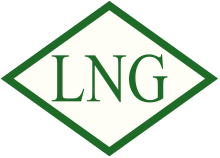
Drilling at the Byblos-1 well — Lebanon's first ever — began in late February, around two months later than initially planned, because of problems affecting the availability of the Tungsten Explorer drillship.
The Lebanese government said that this first drilling phase would last 60 days. But sources say it has now ended with little sign of the oil or gas resources that Lebanon hoped could help it join the ranks of east Mediterranean countries with offshore hydrocarbon reserves.
Byblos-1 indicated the presence of small volumes of gas, but not enough to make it commercially viable as a stand-alone project, the local sources said.
Lebanese energy minister Raymond Ghajar is due to announce the results of the drilling this afternoon.
The consortium had initially aimed to begin drilling at at block 4 in December or early January and to follow this up with a second well in block 9 in the first half of this year.
But the delay at block 4, coupled with the impact of Covid-19 on foreign oil companies' plans, means that the work at block 9 is likely to be pushed back to at least the third or fourth quarter.
Lebanon had previously expected to start importing LNG by early 2020, but its plans to install a floating storage and regasification unit have stalled.
By Nader Itayim


Codelco seeks restart at Chilean copper mine after collapse

Uzbek gold miner said to eye $20 billion value in dual listing

Hudbay snags $600M investment for Arizona copper project

BHP, Vale offer $1.4 billion settlement in UK lawsuit over Brazil dam disaster, FT reports

Peabody–Anglo $3.8B coal deal on the brink after mine fire

Minera Alamos buys Equinox’s Nevada assets for $115M
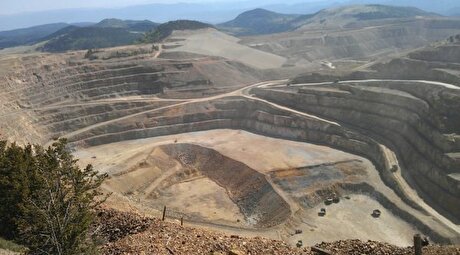
SSR Mining soars on Q2 earnings beat

Century Aluminum to invest $50M in Mt. Holly smelter restart in South Carolina

A global market based on gold bars shudders on tariff threat
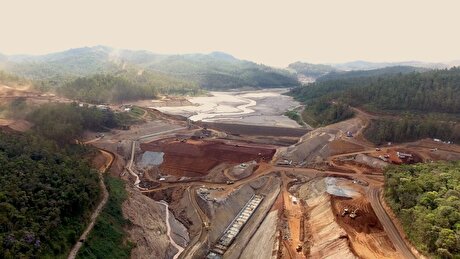
Samarco gets court approval to exit bankruptcy proceedings
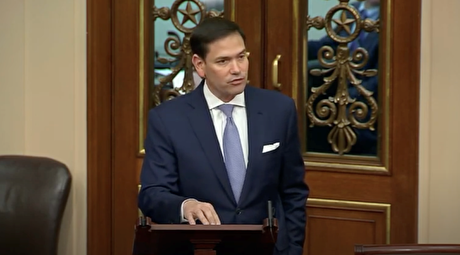
US eyes minerals cooperation in province home to Reko Diq
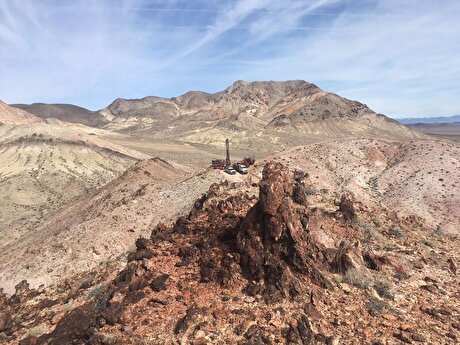
Allegiant Gold soars on 50% financing upsize
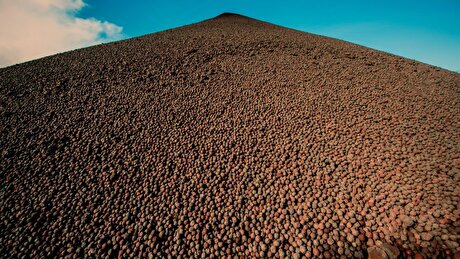
Explaining the iron ore grade shift

Metal markets hold steady as Trump-Putin meeting begins

Trump to offer Russia access to minerals for peace in Ukraine

Gemfields sells Fabergé luxury brand for $50 million
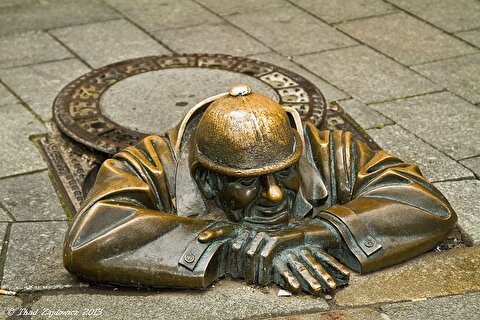
Gold price stays flat following July inflation data
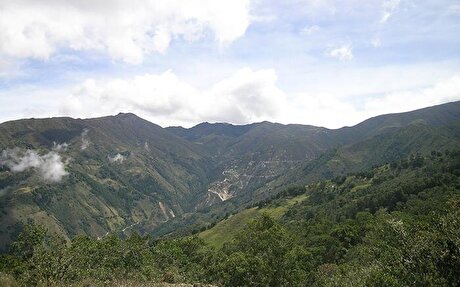
Eco Oro seeks annulment of tribunal damage ruling
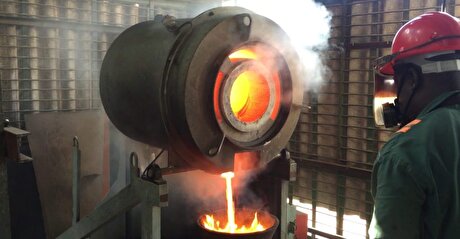
Zimbabwe labs overwhelmed as gold rally spurs exploration, miner says

Samarco gets court approval to exit bankruptcy proceedings

US eyes minerals cooperation in province home to Reko Diq

Allegiant Gold soars on 50% financing upsize

Explaining the iron ore grade shift

Metal markets hold steady as Trump-Putin meeting begins

Trump to offer Russia access to minerals for peace in Ukraine

Gemfields sells Fabergé luxury brand for $50 million

Gold price stays flat following July inflation data

Eco Oro seeks annulment of tribunal damage ruling















